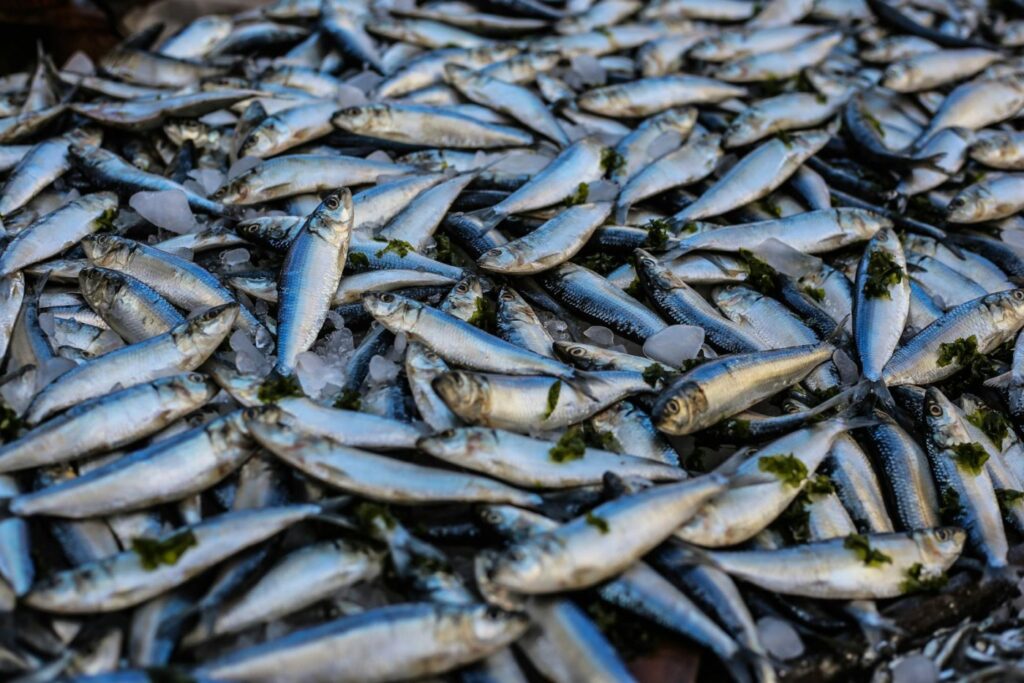A fresh fish from the sea is usually characterized by a neutral odor. But after the fish is caught, the amino acids in the muscle tissues are broken down by enzymes after death. During this breakdown, a chemical compound called trimethylamine oxide (TMAO) is released, which interacts with oxygen in the air and turns into trimethylamine (TMA). The resulting TMA releases the familiar ‘fishy smell’ characteristic of seafood.
Factors Affecting the Odor of Seafood

There are other factors that affect the smell of seafood. For example, environmental factors such as water temperature and salinity can change the body chemistry of fish and therefore the odor they emit. Since freshwater fish are generally less salty, there is less accumulation of TMAO, making their odor relatively less pungent. But sometimes freshwater fish can also emit a muddy aroma.
The feeding habits of fish also have an important influence on their odor. Fish that feed on algae are generally less pungent, while species that eat other high-protein fish tend to emit a stronger odor.
How to Deal with Odor

To deal with odor, it is important to store seafood properly and keep it fresh. Cooling the fish quickly and storing it at around 0°C slows down the chemical process and keeps the odor under control.

Washing fish with tap water or preparing it with acidic foods such as lemons, tomatoes and vinegar can also reduce the binding of TMA and help eliminate odor. In the light of this information, correct storage and preparation methods are of great importance to get maximum pleasure from seafood.
Source: Nutrition


